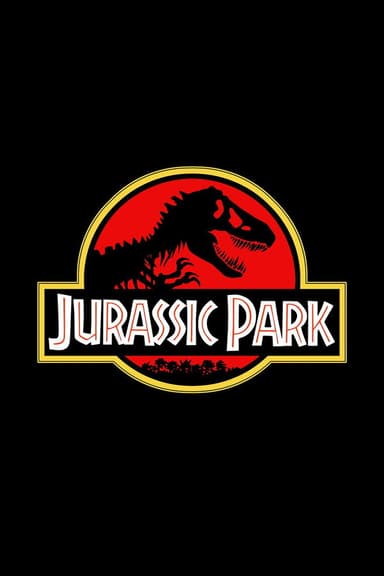
Dawn of the Planet of the Apes
2014 • Action, Drama, Science Fiction, Thriller • PG-13
A group of scientists in San Francisco struggle to stay alive in the aftermath of a plague that is wiping out humanity, while Caesar tries to maintain dominance over his community of intelligent apes.
Runtime: 2h 10m
Why you should read the novel
While 'Dawn of the Planet of the Apes' offers a gripping cinematic experience, Pierre Boulle's novel 'Planet of the Apes' is where the entire saga began. The book provides a profound and thought-provoking exploration of society, intelligence, and the nature of humanity through an original, compelling narrative.
Reading the novel invites you into a world of deeper philosophical questions and sharp social commentary, immersing you in ideas that transcend mere spectacle. Boulle's writing weaves suspense, irony, and satire together, prompting reflection on our own civilization's path and prejudices.
Choosing the book over the movie means engaging directly with the source material's nuances, rich characterizations, and unique twists that inspired countless adaptations. It’s a rewarding literary journey revealing complexities often lost in film, making it an essential read for every science fiction enthusiast.
Adaptation differences
The most striking difference between 'Dawn of the Planet of the Apes' and Pierre Boulle’s novel is the storyline. Boulle’s book centers on a human protagonist, Ulysse Mérou, who crash-lands on a distant planet ruled by intelligent apes, with society mirroring our own. The movie, however, is set on a future Earth, and follows evolved apes led by Caesar after humanity’s decline. The thematic focus departs significantly from the original’s inverted civilization scenario and emphasis on role reversal.
The characterization of the apes also differs. In the book, apes hold advanced technology and human-like societies, whereas in the film franchise, their development is a recent phenomenon resulting from scientific experimentation on Earth. The apes' rise is portrayed as both a tragedy and a warning rooted in contemporary issues, rather than a commentary on the relativity of culture and intelligence.
Narrative perspective shifts dramatically as well. Boulle’s novel is told from the perspective of a human outsider, allowing readers to experience alienation and critique humanity from without. The film, on the other hand, gives equal—if not greater—focus to the apes’ internal politics, struggles, and emotional journeys, especially Caesar’s leadership and moral dilemmas. This shift alters the story's moral center and its focus on what it means to be civilized.
Finally, the tone and final conclusions diverge. Boulle’s novel ends with an ironic twist highlighting the cyclical nature of civilization and the limits of understanding, whereas the movie adopts a darker, more action-oriented tone with a focus on conflict and survival. The speculative, satirical edge of the book is replaced by a cinematic exploration of war, loyalty, and coexistence. These key changes make the film a reimagining rather than a faithful adaptation.
Dawn of the Planet of the Apes inspired from
Planet of the Apes
by Pierre Boulle












